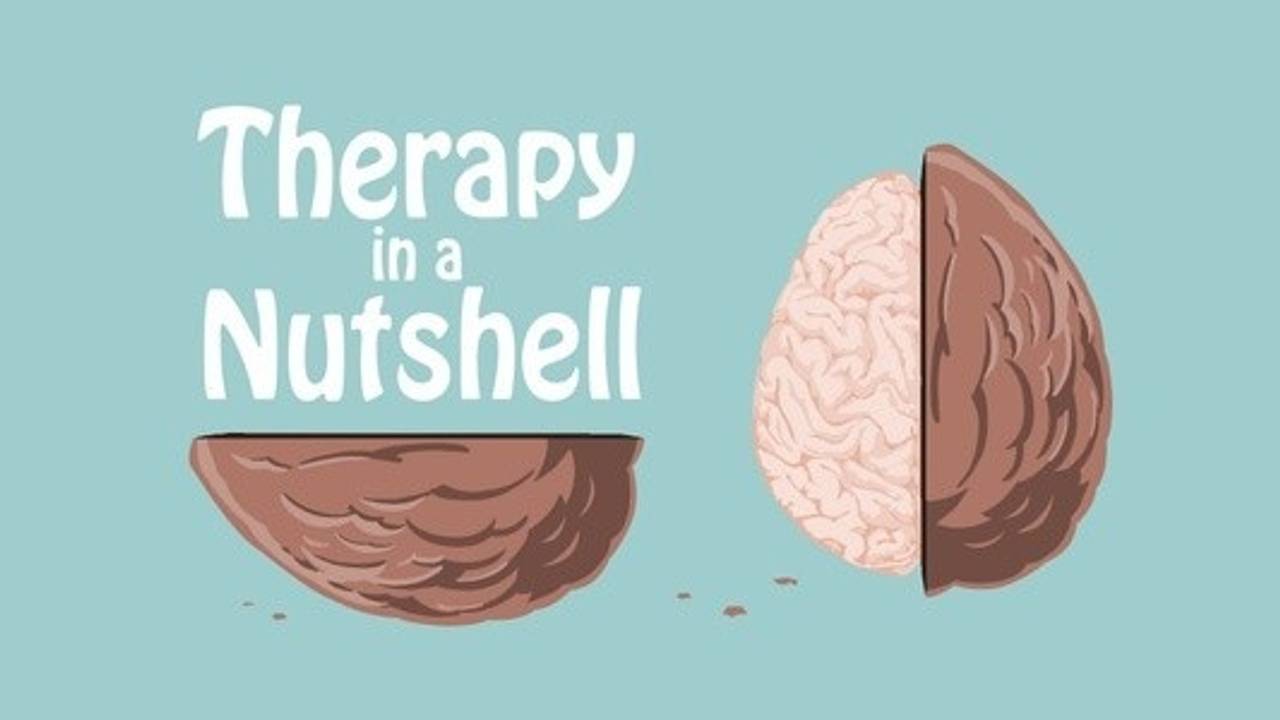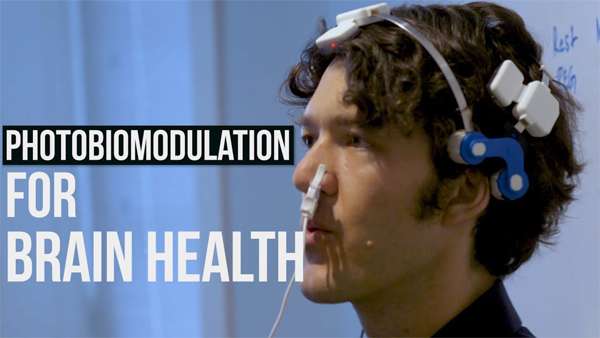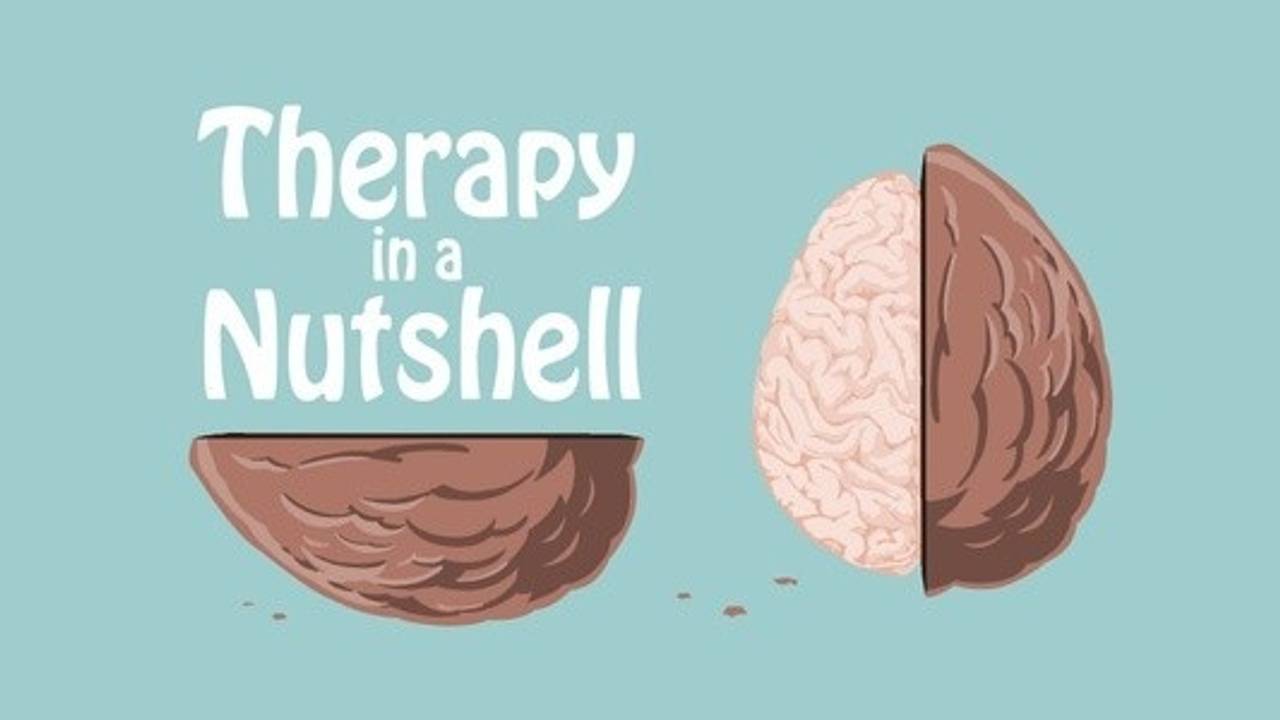“I would just like to thank you for your amazing content and online courses. Thanks to your help I am no longer homebound by crippling panic and anxiety. I went out today into a busy town and was happy, I feel safe and liberated. I have shared all my progress with my doctor and she is ecstatic about my progress and will be recommending your courses to other patients struggling with mental health. I am medication free and happy for the first time in my life. The changes are long lasting and I now can get myself out of a low without going further down the rabbit hole.”
Hi there, I’m Emma McAdam!
I’m a licensed Marriage and Family Therapist. And I have walked with thousands of people as they go through the process of changing their lives. Because I’ve seen so many people do it, I am absolutely confident that your brain is wired to change and deep healing is possible for you.
I know that understanding mental health can be confusing and stressful. Most people have never been taught the essential skills to work through emotions and all the resources that you can access to start healing.
My mission is to make mental health skills more accessible through YouTube videos and online courses. Therapy in a Nutshell is built around the idea that small and simple steps can turn into massive change and growth. I don’t just help people get feeling better, I help people get better at feeling.
I’ve been working in the field of change and growth since 2004. I received my Master’s degree in Marriage and Family Therapy from Utah State University, and I’m currently licensed in the state of Utah.
Sign up for my Free Anxiety Course
Looking for affordable online counseling? My sponsor, BetterHelp, connects you to a licensed professional from the comfort of your own home. Try it now for 10% off your first month: https://betterhelp.com/therapyinanutshell
Check out Amber’s channel here: https://www.youtube.com/channel/UCT8PE1v0xFR9zLXOijxM6hg
Alcohol use changes your brain chemistry in a way that makes you more anxious. It also changes how you think- which can make you more anxious. And when you’re drunk, you might do stuff that makes you more anxious later…whether you or a family member has a problem with alcohol use, it’s important to know how it affects the brain and the practical steps you can take to escape the cycle. But, I am not a substance abuse counselor, it’s out of my wheelhouse so I was super grateful when Amber Hollingsworth offered to make a video for my channel all about how alcohol use has the surprising side effect of making your brain more anxious. Amber is a Licensed Professional Counselor (LPC), Master Addiction Counselor (MAC), she’s super freaking passionate about helping individuals and families overcome addiction and has worked in every level of care since 2004. So I hope you love what she has to say… Here’s Amber.
Looking for affordable online counseling? My sponsor, BetterHelp, connects you to a licensed professional from the comfort of your own home. Try it now for 10% off your first month: https://betterhelp.com/therapyinanuts…
Learn more in one of my in-depth mental health courses: https://courses.therapyinanutshell.co…
Support my mission on Patreon: https://www.patreon.com/therapyinanut…
Sign up for my newsletter: https://www.therapyinanutshell.com?utm_medium=YTDescription&utm_source=YouTube
Check out my favorite self-help books: https://kit.co/TherapyinaNutshell/bes…
Therapy in a Nutshell and the information provided by Emma McAdam are solely intended for informational and entertainment purposes and are not a substitute for advice, diagnosis, or treatment regarding medical or mental health conditions. Although Emma McAdam is a licensed marriage and family therapist, the views expressed on this site or any related content should not be taken for medical or psychiatric advice. Always consult your physician before making any decisions related to your physical or mental health. In therapy I use a combination of Acceptance and Commitment Therapy, Systems Theory, positive psychology, and a bio-psycho-social approach to treating mental illness and other challenges we all face in life. The ideas from my videos are frequently adapted from multiple sources. Many of them come from Acceptance and Commitment Therapy, especially the work of Steven Hayes, Jason Luoma, and Russ Harris. The sections on stress and the mind-body connection derive from the work of Stephen Porges (the Polyvagal theory), Peter Levine (Somatic Experiencing) Francine Shapiro (EMDR), and Bessel Van Der Kolk. I also rely heavily on the work of the Arbinger institute for my overall understanding of our ability to choose our life’s direction.
And deeper than all of that, the Gospel of Jesus Christ orients my personal worldview and sense of security, peace, hope, and love https://www.churchofjesuschrist.org/c…
If you are in crisis, please contact the National Suicide Prevention Hotline at https://suicidepreventionlifeline.org/ or 1-800-273-TALK (8255) or your local emergency services.
Copyright Therapy in a Nutshell, LLC
The idea of repressed memories goes all the way back to Freud, through the 90’s when therapists accidentally implanted people with false memories, through the courtrooms, and into today where the idea of repressed memories is still popular among lay people and controversial among therapists and researchers. So today you’ll learn three skills for better understanding lost memories, aka dissociative amnesia or repressed memories (or at least my opinion about it). The idea of repressed memories goes all the way back to Freud, one of his first patients, Anna O had all sorts of unexplained physical symptoms, when she began talking with her doctor about her life, previously forgotten memories of trauma came back and as she talked about them, her physical symptoms went away. Freud developed the concept of repression, that current symptoms are all related to something that happened in the past, that we repress the memories to protect ourselves, and that we must analyze our psyche in order to uncover it, integrate it and then be freed from it. So that’s where the whole process of psychoanalysis came from, the idea of patients laying on a couch, talking about their childhood. But this concept of repressed memories has become very controversial, because of the way memory works. Most people assume that memory is like a video, your memory records things as they actually happened and stores those memories away, permanently. But memory doesn’t work like that, memories are highly influenced by our biases and how we’re feeling during or after an event. Even Freud learned that many of the things that his patients “remembered” weren’t actual events. Memories can be altered, implanted, influenced, and straight up created under suggestion. Lot’s of laboratory experiments have demonstrated that our memories are terribly fickle.
If you want to see for yourself how this can work, watch this YouTube video “Take This Test and Experience How False Memories Are Made”. https://www.youtube.com/watch?v=D5sk504Yc94
After I filmed this video on repressed memories and dissociative amnesia, the NYT published a very relevant article and two strong opinions on it: https://www.nytimes.com/2022/09/27/opinion/recovered-memory-therapy-mental-health.html
https://www.nytimes.com/2022/10/29/opinion/letters/mental-health.html
Looking for affordable online counseling? My sponsor, BetterHelp, connects you to a licensed professional from the comfort of your own home. Try it now for 10% off your first month: https://betterhelp.com/therapyinanutshell
Learn more in one of my in-depth mental health courses: https://courses.therapyinanutshell.com/?utm_medium=YTDescription&utm_source=Podcast
Support my mission on Patreon: https://www.patreon.com/therapyinanutshell Sign up for my newsletter: https://www.therapyinanutshell.com?utm_medium=YTDescription&utm_source=Podcast
Check out my favorite self-help books: https://kit.co/TherapyinaNutshell/best-self-help-books
Therapy in a Nutshell and the information provided by Emma McAdam are solely intended for informational and entertainment purposes and are not a substitute for advice, diagnosis, or treatment regarding medical or mental health conditions. Although Emma McAdam is a licensed marriage and family therapist, the views expressed on this site or any related content should not be taken for medical or psychiatric advice. Always consult your physician before making any decisions related to your physical or mental health. In therapy I use a combination of Acceptance and Commitment Therapy, Systems Theory, positive psychology, and a bio-psycho-social approach to treating mental illness and other challenges we all face in life. The ideas from my videos are frequently adapted from multiple sources. Many of them come from Acceptance and Commitment Therapy, especially the work of Steven Hayes, Jason Luoma, and Russ Harris. The sections on stress and the mind-body connection derive from the work of Stephen Porges (the Polyvagal theory), Peter Levine (Somatic Experiencing) Francine Shapiro (EMDR), and Bessel Van Der Kolk. I also rely heavily on the work of the Arbinger institute for my overall understanding of our ability to choose our life’s direction.
And deeper than all of that, the Gospel of Jesus Christ orients my personal worldview and sense of security, peace, hope, and love https://www.churchofjesuschrist.org/comeuntochrist/believe
If you are in crisis, please contact the National Suicide Prevention Hotline at https://suicidepreventionlifeline.org/ or 1-800-273-TALK (8255) or your local emergency services.
Copyright Therapy in a Nutshell, LLC
Looking for affordable online counseling? My sponsor, BetterHelp, connects you to a licensed professional from the comfort of your own home. Try it now for 10% off your first month: https://betterhelp.com/therapyinanutshell
Check out Amber’s channel here: https://www.youtube.com/channel/UCT8PE1v0xFR9zLXOijxM6hg
Alcohol use changes your brain chemistry in a way that makes you more anxious. It also changes how you think- which can make you more anxious. And when you’re drunk, you might do stuff that makes you more anxious later…whether you or a family member has a problem with alcohol use, it’s important to know how it affects the brain and the practical steps you can take to escape the cycle. But, I am not a substance abuse counselor, it’s out of my wheelhouse so I was super grateful when Amber Hollingsworth offered to make a video for my channel all about how alcohol use has the surprising side effect of making your brain more anxious. Amber is a Licensed Professional Counselor (LPC), Master Addiction Counselor (MAC), she’s super freaking passionate about helping individuals and families overcome addiction and has worked in every level of care since 2004. So I hope you love what she has to say… Here’s Amber.
Looking for affordable online counseling? My sponsor, BetterHelp, connects you to a licensed professional from the comfort of your own home. Try it now for 10% off your first month: https://betterhelp.com/therapyinanuts…
Learn more in one of my in-depth mental health courses: https://courses.therapyinanutshell.co…
Support my mission on Patreon: https://www.patreon.com/therapyinanut…
Sign up for my newsletter: https://www.therapyinanutshell.com?utm_medium=YTDescription&utm_source=YouTube
Check out my favorite self-help books: https://kit.co/TherapyinaNutshell/bes…
Therapy in a Nutshell and the information provided by Emma McAdam are solely intended for informational and entertainment purposes and are not a substitute for advice, diagnosis, or treatment regarding medical or mental health conditions. Although Emma McAdam is a licensed marriage and family therapist, the views expressed on this site or any related content should not be taken for medical or psychiatric advice. Always consult your physician before making any decisions related to your physical or mental health. In therapy I use a combination of Acceptance and Commitment Therapy, Systems Theory, positive psychology, and a bio-psycho-social approach to treating mental illness and other challenges we all face in life. The ideas from my videos are frequently adapted from multiple sources. Many of them come from Acceptance and Commitment Therapy, especially the work of Steven Hayes, Jason Luoma, and Russ Harris. The sections on stress and the mind-body connection derive from the work of Stephen Porges (the Polyvagal theory), Peter Levine (Somatic Experiencing) Francine Shapiro (EMDR), and Bessel Van Der Kolk. I also rely heavily on the work of the Arbinger institute for my overall understanding of our ability to choose our life’s direction.
And deeper than all of that, the Gospel of Jesus Christ orients my personal worldview and sense of security, peace, hope, and love https://www.churchofjesuschrist.org/c…
If you are in crisis, please contact the National Suicide Prevention Hotline at https://suicidepreventionlifeline.org/ or 1-800-273-TALK (8255) or your local emergency services.
Copyright Therapy in a Nutshell, LLC



